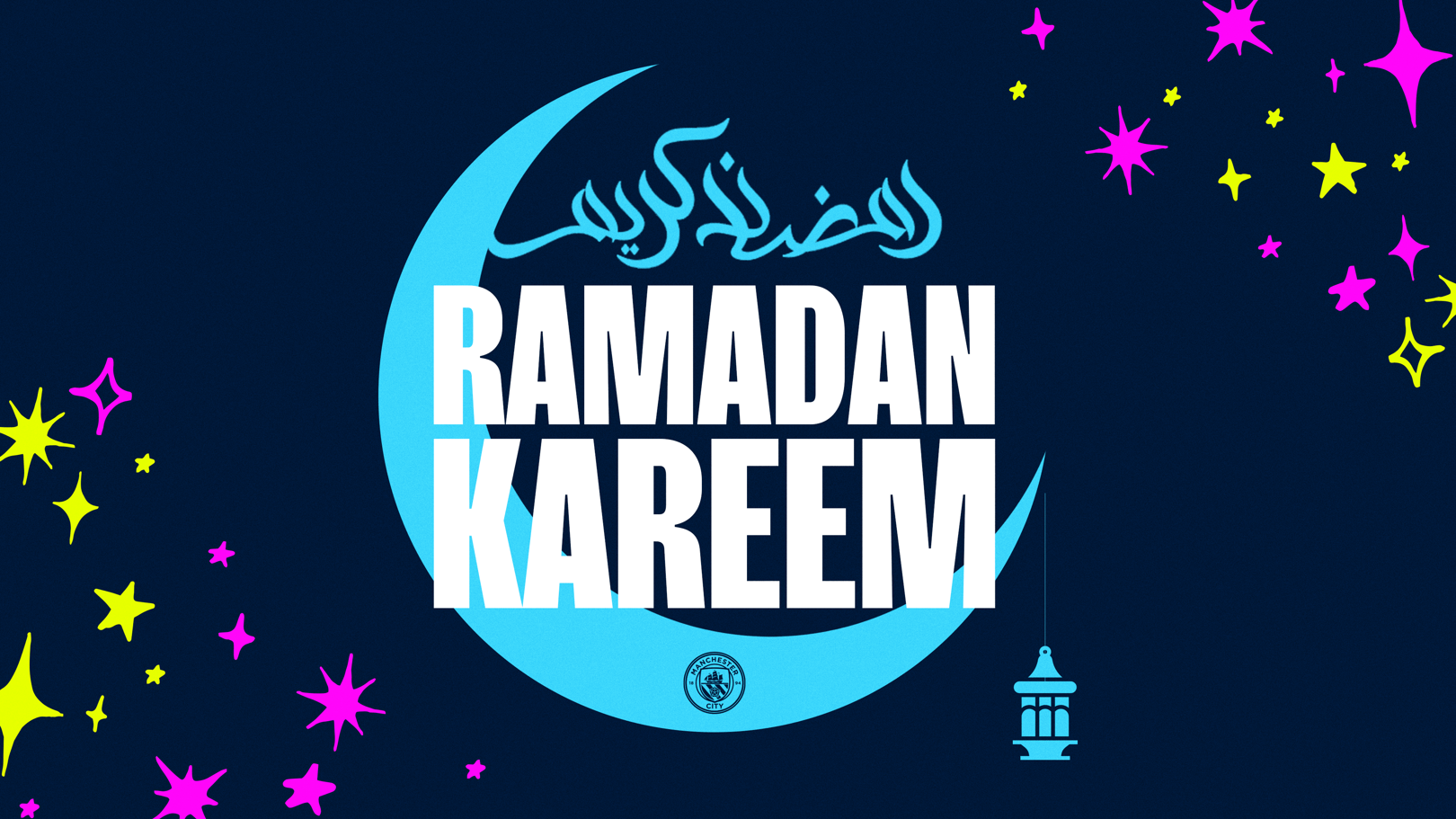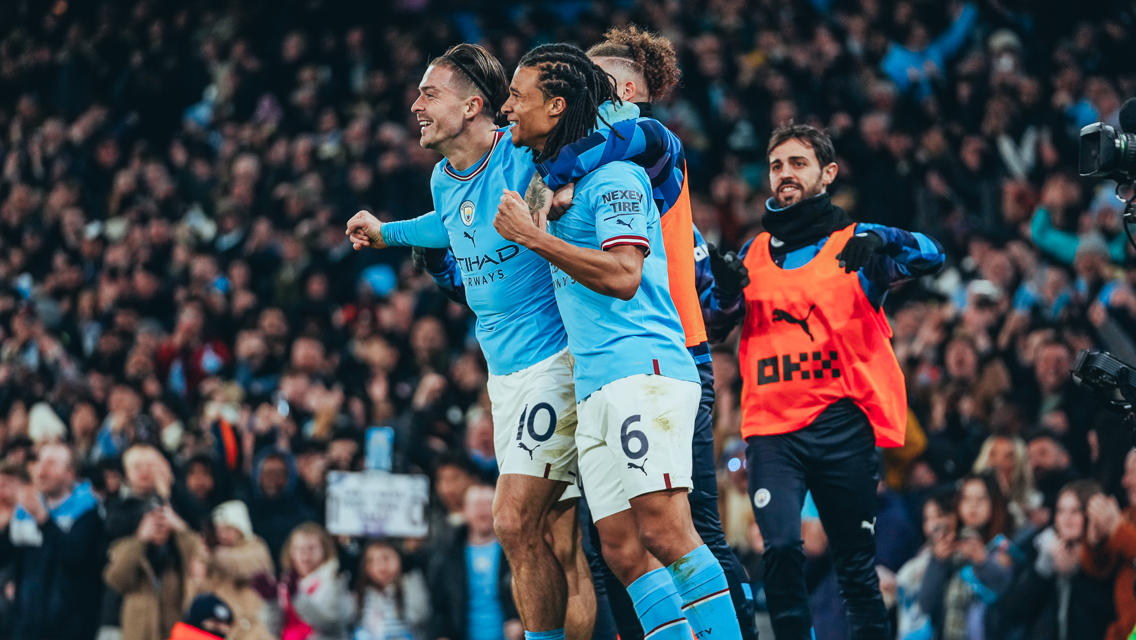The final story comes from the charity’s Early Years Officer, Fuzail Patel.
Fuzail sat down with us to share his experiences during a special question and answer session.
What is the purpose of Ramadan?
Ramadan is the month of reflection and giving.
The month of fasting has an outcome which helps one reflects on their life and an opportunity to “strip-back”.
It was narrated from Abu Hurayrah that the Prophet Muhmmad PBUP said: “Whoever spends the night of Laylat al-Qadr in prayer out of faith and in the hope of reward, his previous sins will be forgiven.” Narrated by al-Bukhaari, 1901; Muslim, 759.
One of the other key purposes is to give to charity. This is a way to support others and appreciate how fortunate we are.
The month of giving is not just about giving money, but to care for one other and to give gifts to one other.
Why do you observe Ramadan?
The blessed month is mandatory for all Muslims and since I have been observing it, I have felt the positive impact it brings into my life.
It brings my life into perspective. It also brings steadiness in my life which helps improve my mental health.
What is the importance of Ramadan to you?
Ramadan is important to me as it aligns everyone and reminds me, we are all equal.
This realisation is a positive re-enforcement that no matter what you do or the status you have, everyone should be treated equally.
What is the benefit of Ramadan to you?
This month gives me the opportunity to reset.
I hope to use this opportunity to purify myself and carry on my altered way of living throughout the year maintaining good habits and self-restraint.
As mentioned in the Quran “O you who believe! Fasting is prescribed to you as it was prescribed to those before you. so that you may learn self-restraint. Quran 2:183”
How does your life and daily routine change during Ramadan?
My day-to-day tasks now revolve around Suhoor (breakfast at sunrise), Iftar (open fast at sunset) and late-night prayers at mosque.
This can affect my energy levels due to the lack of meals and broken sleep.
I also have a 21-month daughter who I factor into my adapted routine to make sure she is still getting the same routine and consistency.
What is your Iftar routine?
This is my favourite part of the day as we can open our fast whilst appreciating food on the plate and take in the moment with my family sat around the table.
I open my fast at mosque by having dates and water followed by the sunset prayer called “Maghrib”, this takes around 30 minutes, and then I head home to have a meal.
After eating I then start preparing to go to mosque to take part in the late-night prayer.
What is the most meaningful part of Ramadan for you?
For me Ramadan brings a culture and an environment which easily allows me to reflect on how I lead my life and what I prioritise.
This reflection allows me to alter my day-to-day routine prioritising what is important to me and how I can live a balanced life.
Another meaningful part is the togetherness Ramadan brings.
I spend a lot of time with the family and friends observing this blessed month.
This Ramadan what are your key takeaways and what will you implement in your life after Eid?
My key takeaway I am looking to achieve is appreciation and reflection.
I feel naturally as humans we always want more but when one reflects about it, we are more fortunate than we think.
I want to take this month as an opportunity to reflect on what I do have in my life as opposed to what I don’t.
During Eid how do you celebrate the end of Ramadan?
Eid is usually announced officially the night before, so once it is announced excitement builds around the house.
I got to the mosque at 8am in the morning for Eid prayer called “Kutbah”, before visiting the cemetery to think of the ones who can’t be with us on the day.
Later my family get together for Eid lunch, followed by swapping gifts.
In the evening, I then head to my in-laws for an Eid dinner and enjoy my evening there.
Ramadan is the ninth month of the Islamic calendar, which is based on the lunar calendar.
It is celebrated as the month that the Qur’an (Holy book) was first revealed to the Prophet Muhammad (PBUH) in 610 AD.
This is known in Arabic as “Laylat Al Qadar” (Night of power).
During this time, Muslims abstain from eating and drinking from dawn to sunset for 29/30 days.
In the UK, people will fast from sunrise to sunset (approximately 15 hours) with no food or water.
Muslims fast to strengthen their faith, gain closeness to Allah (God), appreciation, and build self-discipline.
Ramadan starts 10 days early every year.
Following Ramadan, there is an Eid celebration to mark the end of a period of reflection, refocus and mindfulness – both of self and of others.
There are two Eids. Eid-Ul-Fitr which starts soon as Ramadan finishes and Ei-Ul-Adha which starts soon as the Hajj Pilgrimage completes.
City in the Community empowers healthier lives with city youth through football.
To find out more, visit www.mancity.com/CITC or follow the charity on social media @CITCmancity.





